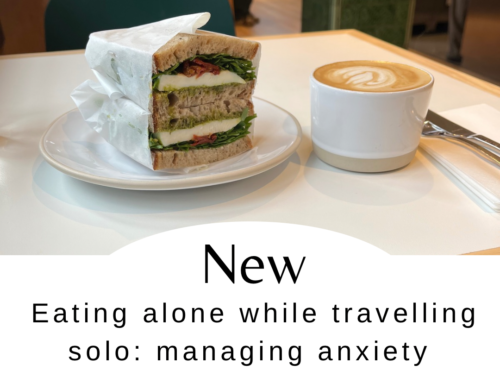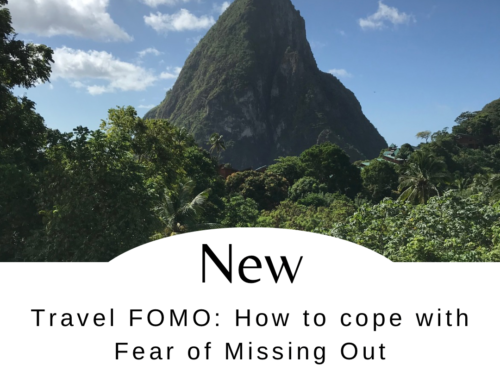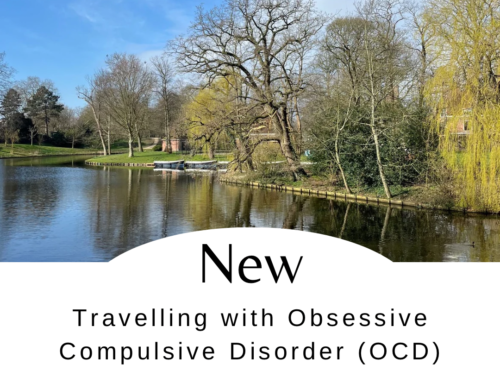Dr Charlotte Russell, Clinical Psychologist and Founder
Today we learned of the tragic news that a plane crashed in Washington DC. This is a rare and tragic event and of course our thoughts are with the family of those affected at this difficult time.
It is common for news stories like this to bring up strong emotions and to trigger existing travel related anxiety. In this article I’m going to talk you through why this happens and what you can do to cope.
Why can hearing news like this be a trigger?
Hearing or reading about tragic events like this can be triggering because the information is distressing, sudden and unexpected. We know that air travel generally is very safe and incidents like this are very rare. However, for many people who have existing travel anxiety, this information can feed into fears of something bad happening when travelling
News like this that is frightening, sudden and unexpected can trigger off our threat system. This is our bodies’ primitive response to anything we perceive to be a threat. As a result we may experience physical symptoms of anxiety including rapid heart rate, light-headedness, tension and a churning feeling in our stomach. These symptoms are signs that your body is entering threat mode. As this is a primitive response and is not helpful in this situation, it is helpful to find ways to bring your anxiety down. See later in the article for more on this.
The tragic nature of the sudden death of a person can understandably also bring up strong emotions. This is understandable as we are all human beings and we will naturally have empathy for those affected. It is also common for events like this to trigger difficult memories, particularly if we ourselves have lost a loved one suddenly and unexpectedly. This is very natural and understandable.
What can I do to manage my emotional response to the news?
It is important to recognise that it is natural and understandable for tragic news to bring up difficult emotions and trigger anxiety. Recognising this can help you to be kind to yourself and allow yourself time and space to process what is coming up for you.
At this stage, make sure you use your existing coping mechanisms. In these kinds of circumstances, emotion focused strategies are most effective. This might include talking through how you feel with someone you trust. This can help you to process your feelings about what has happened.
Emotion focused strategies also include techniques such as relaxation, mindfulness, and grounding techniques. These are top of every therapists recommendation list because they are very effective. Physical exercise such as yoga can also be important in helping us to manage strong emotions.
At first we are hoping to make space for our emotions so that we can process them. This is much more helpful than trying to suppress them or not think about what has happened.
I’m worried that this news will affect my travel anxiety or fear of flying. What should I do?
In the days following news like this, it is important to look after yourself and put in strategies to manage strong emotions that may have come up. Aim to put in place the emotion focused coping strategies described in the previous section. Avoid checking the news more than you usually would because frequent checking can trigger our threat system.
For most people strong emotions will subside in the days and weeks following tragic events in the news.
When you have allowed yourself some time to process the news, then you can start focusing on how to manage your difficulties. To help with this check out my previous guides on How to manage fear of flying: advice from a psychologist and our Travel anxiety series
If at any point you are feeling that your emotions are overwhelming and you are struggling to manage it is important to see your general practitioner. You can find more information here about accessing NHS mental health services.





